While modern cars boast an array of advanced features aimed at enhancing comfort and safety, some of these innovations can inadvertently lead to driver frustration. From intrusive safety alerts to complex control systems, this article explores various car features that often fall short of expectations, highlighting the importance of intuitive design in vehicles.
Contents
Proximity Alarms That Trigger Too Easily
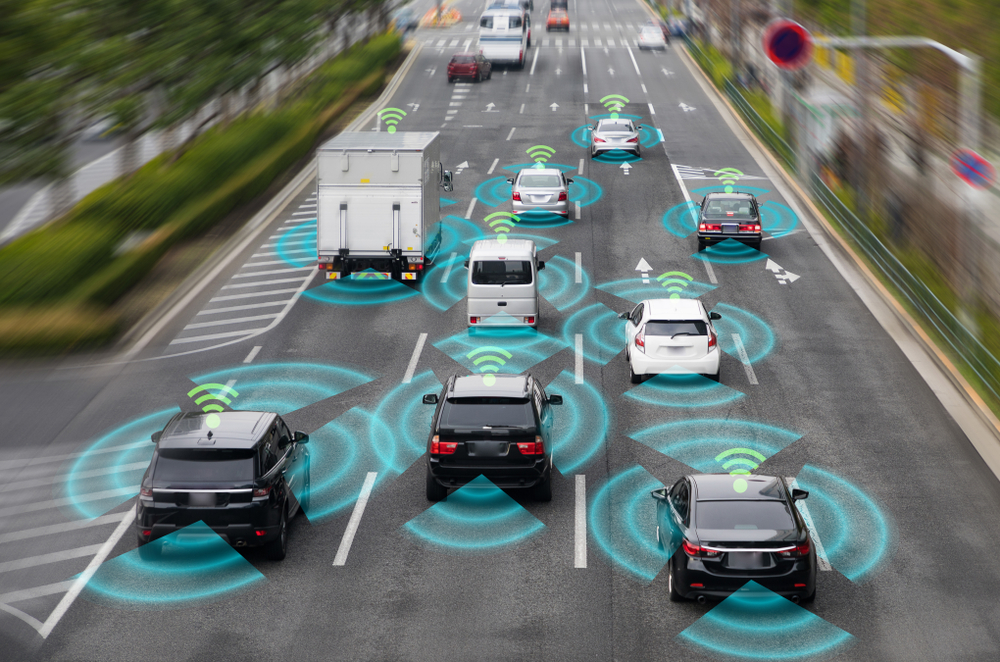
Proximity alarms are designed to alert drivers of nearby objects, enhancing safety. However, when these alarms are too sensitive, they can trigger incessantly in tight traffic or crowded parking lots, causing distraction and annoyance rather than serving as a helpful tool.
Lane Keep Assist Systems
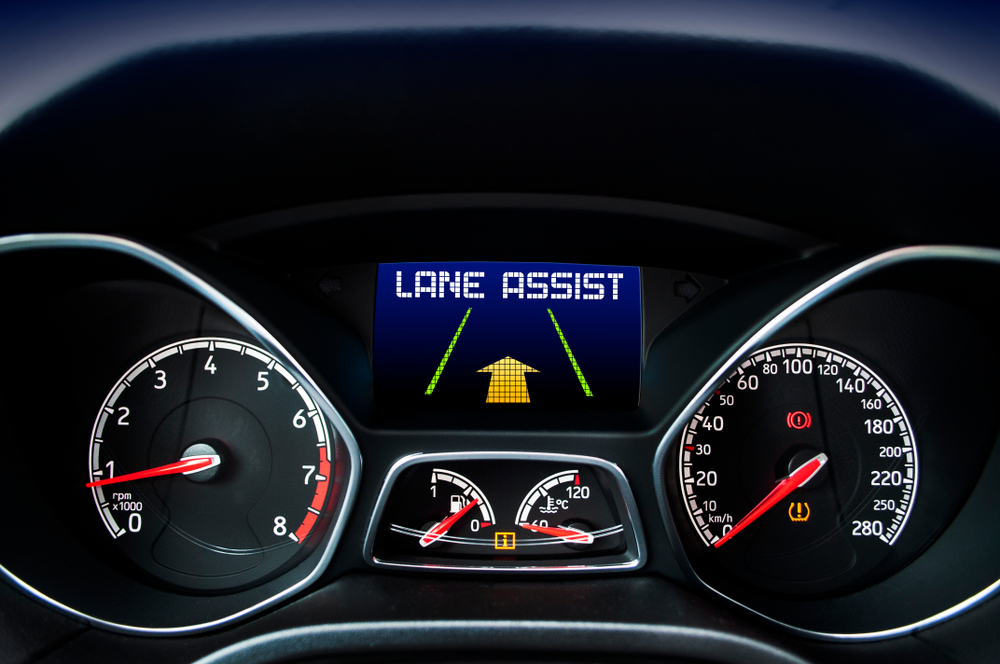
While intended to keep a vehicle safely in its lane, these systems can sometimes feel intrusive, especially when they make corrections that the driver feels are unnecessary or when they misinterpret road markings. This can lead to a sense of loss of control over the vehicle, and frustrating drivers.
Annoying Seatbelt Chimes

Seatbelt chimes are critical for promoting safety by reminding occupants to buckle up. Nevertheless, overly persistent or loud chimes can be irritating, especially in situations where the driver has a legitimate reason for not buckling up immediately, such as in parking lots or when moving the car a short distance.
Complicated Climate Control Systems
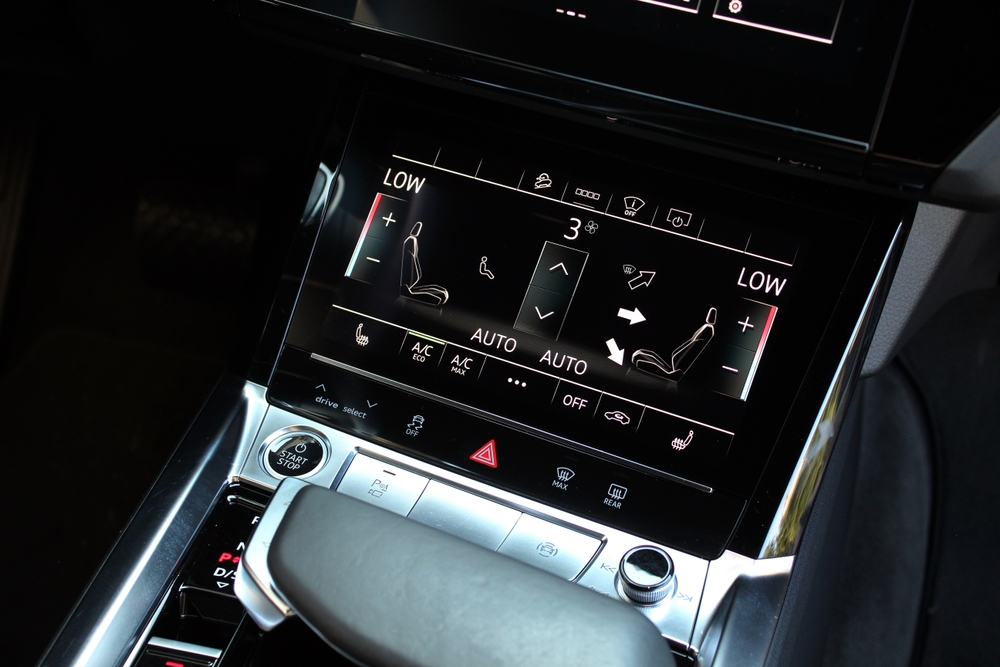
Modern vehicles often feature advanced climate control systems that promise customized comfort. However, overly complicated interfaces can make adjustments difficult and distracting while driving, leading to frustration if the driver or passengers cannot easily achieve the desired comfort level.
Poor Reversing Cameras
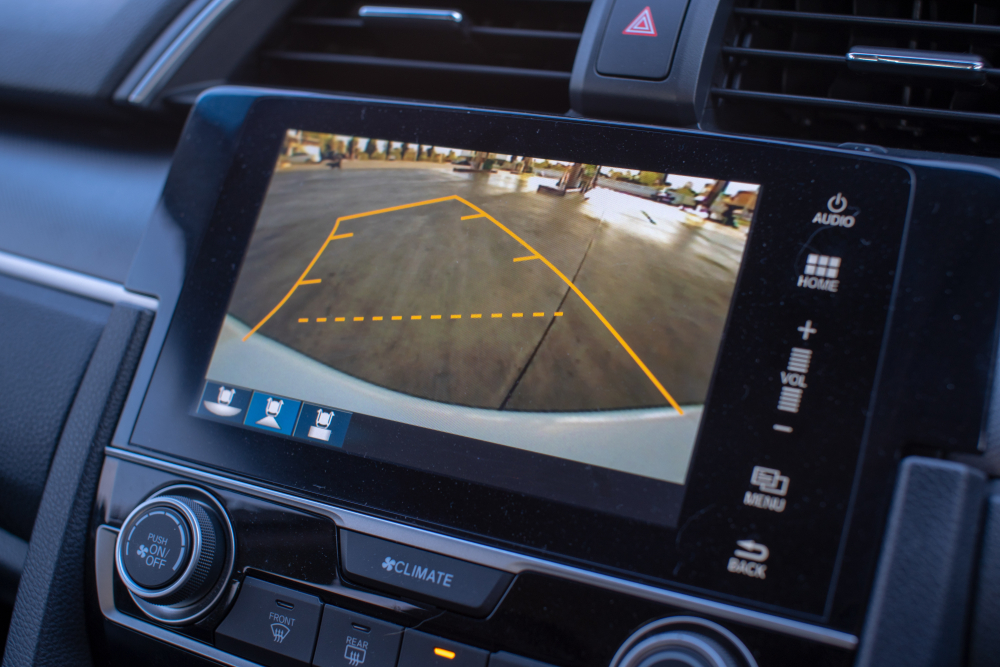
Reversing cameras are supposed to provide a clear view of the area behind the vehicle to prevent accidents. When these cameras are of poor quality, with issues like low resolution or bad visibility in low light, they fail to provide the safety features they are meant to, increasing the risk of accidents and driver dissatisfaction.
Bad Touchscreens
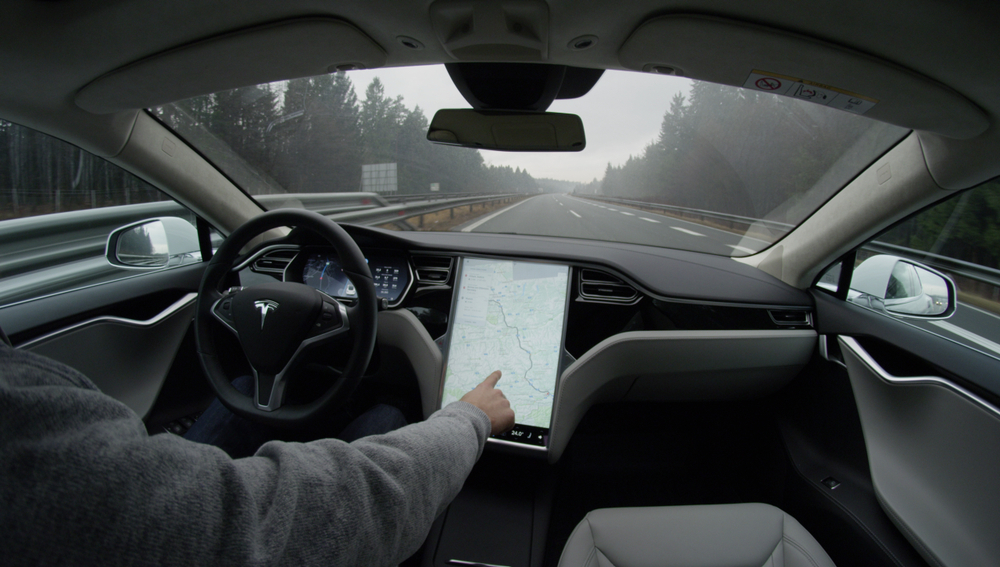
As cars become more like mobile tech devices, the quality of touchscreens is crucial. Poor responsiveness, lag, or unintuitive interface designs can make simple tasks like changing the radio station or adjusting vehicle settings a source of frustration.
Slow Electric Tailgates

Electric tailgates offer convenience with automated opening and closing. However, when these systems operate slowly, they can frustrate drivers and passengers, particularly when they are in a hurry or when their hands are full.
Confusing Gear Shifters
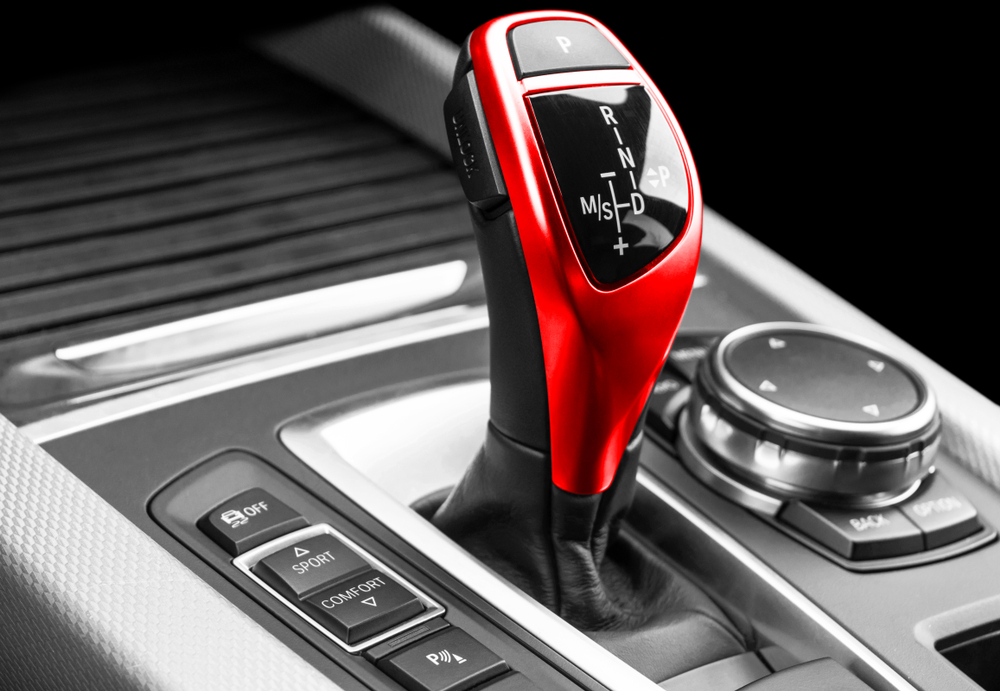
Innovative gear shift designs can sometimes lead to confusion due to non-traditional layouts or controls. This can potentially lead to dangerous situations if a driver unintentionally selects the wrong gear, highlighting the importance of intuitive design.
Start/Stop Technology That Can Be Jarring

Start/stop technology helps reduce fuel consumption and emissions by turning off the engine at stop lights or in traffic. However, the restart can sometimes be abrupt and startling, which detracts from the driving experience, particularly in premium vehicles where smoothness is expected.
Voice Control Systems
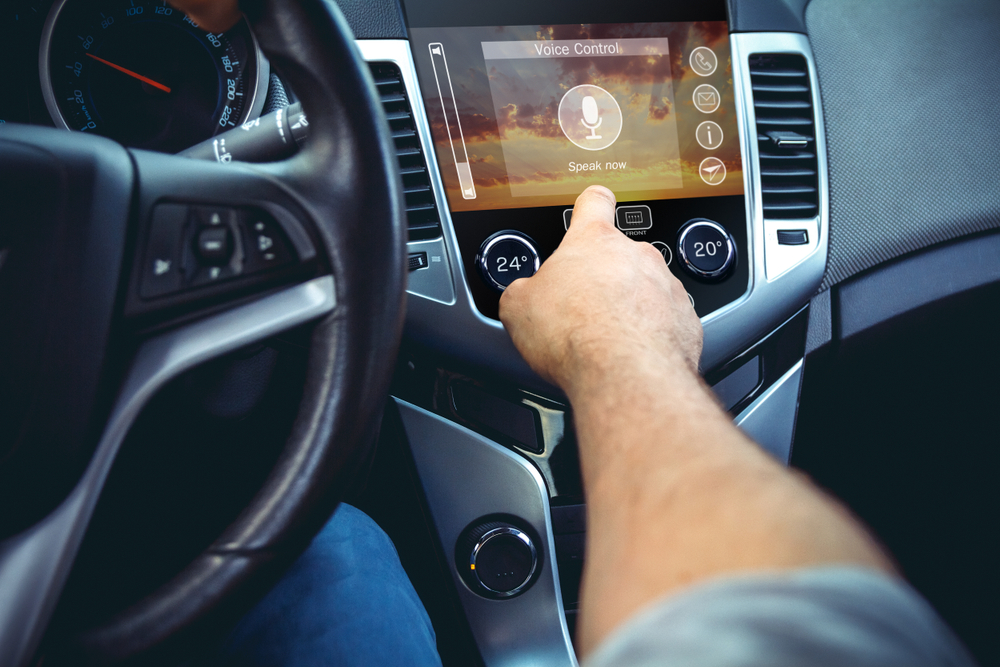
Voice control systems aim to provide hands-free operation of car features for safety. Yet, when these systems fail to accurately recognize commands, they can lead to driver distraction and irritation, reducing the perceived benefit of the technology.
Pop-out Door Handles
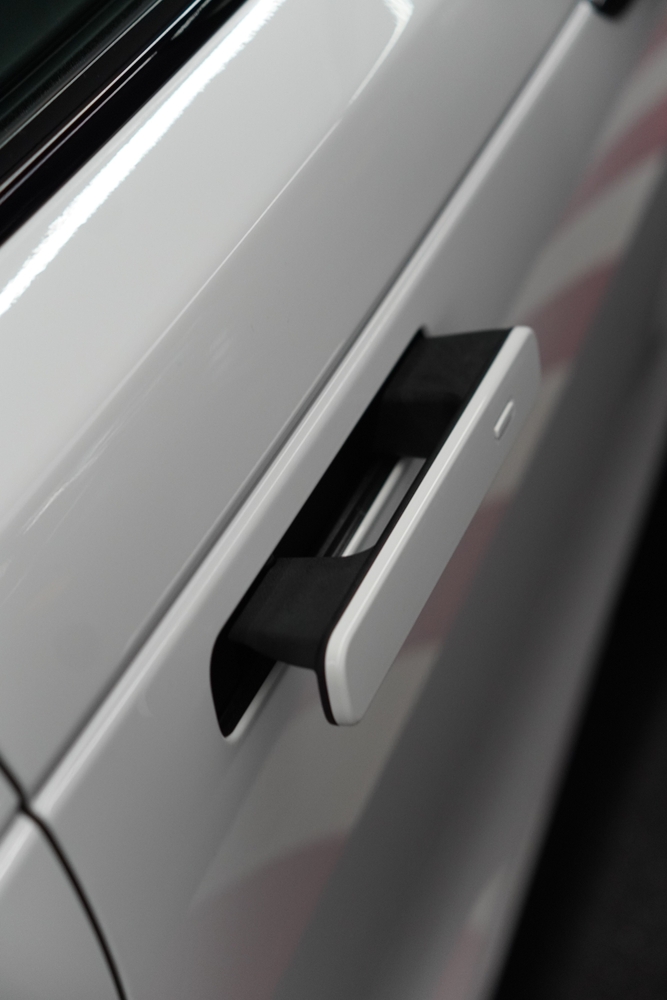
While stylish, pop-out door handles can sometimes be problematic, especially if they fail to deploy promptly or malfunction in cold weather. This not only causes inconvenience but can also worry drivers about potential long-term reliability issues.
Automatic Window Controls That Misinterpret Commands
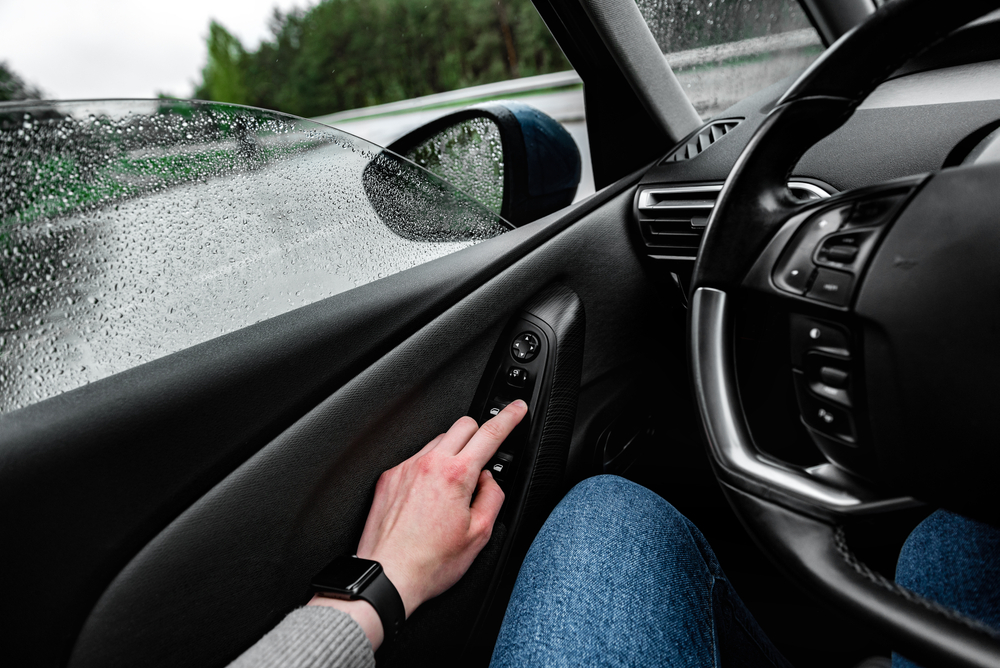
Automatic windows are meant to offer convenience, but when the auto-up or auto-down functions misinterpret slight presses as full commands, it can be annoying. This is especially true if the window retracts fully when the driver only wants it partially open.
Overly Sensitive Collision Detection
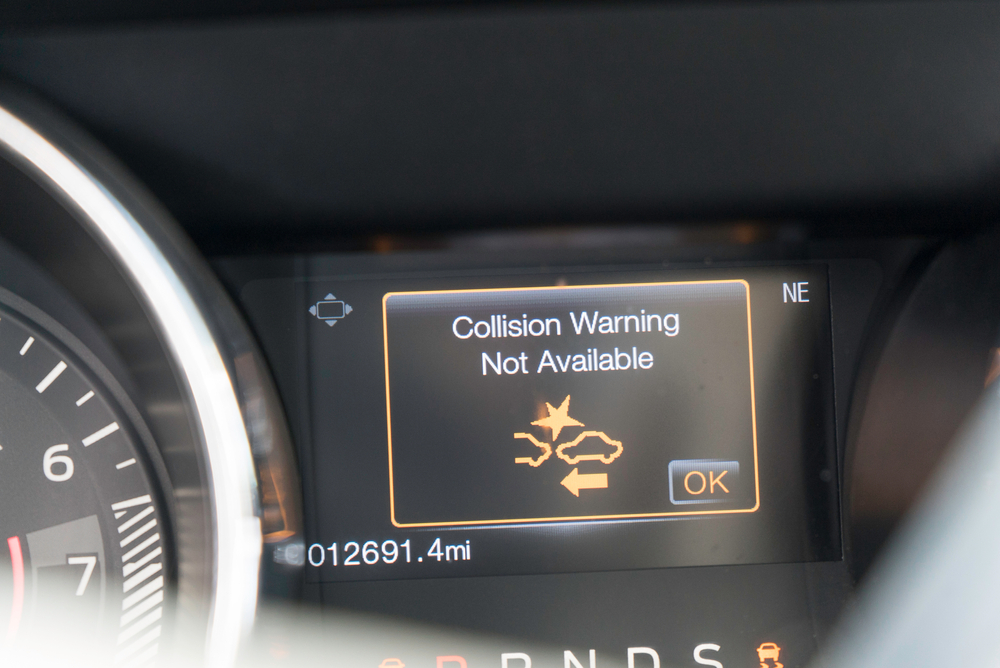
Collision detection systems are crucial for preventing accidents, but when these systems are too sensitive, they can frequently alert drivers unnecessarily. This can be particularly jarring and may lead to drivers ignoring important alerts when they actually matter.
This article originally appeared on MyCarMakesNoise.
More from MyCarMakesNoise
10 Hidden Challenges of Owning a Muscle Car

With their roaring engines and iconic silhouettes, muscle cars are the poster children of a bygone era of raw power and unbridled passion. But beneath their shiny hoods and alluring exteriors lie stories untold—of quirks, kinks, and occasional hiccups. Read More
20 Questions You Need to Ask Your Car Dealer Before You Buy

Buying a car is a significant investment, and it’s crucial to gather as much information as possible before making a decision. To ensure you’re fully informed and confident with your purchase, here are essential questions to ask your car dealer. Read More
10 Surprising Ways Electric Car Production Hurts the Environment

Electric cars, often lauded as the vanguard of sustainable transportation, glide silently on our roads, promising a future with reduced carbon emissions. But beneath the hood of this eco-friendly promise lie complexities that many overlook. Read More














